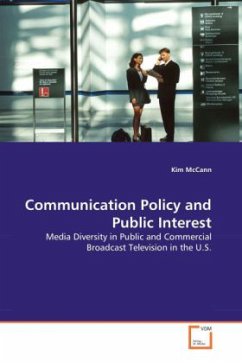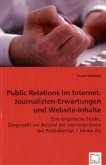Promoting media diversity in a society is imperative for the social benefits that allow citizens to make informed decisions through exposure to a broad range of viewpoints. Despite its significance, one major hindrance is linked to conceptual disagreement, which in turn complicates diversity assessment as well as adequate implementation of the policy. And still, the concept remains problematic in the face of scholars' continual grappling to define it. Responding to the issue, the study explored the policy effectiveness within the notion of the First Amendment conflict, and assessed media diversity in both the public and commercial broadcast television industries. With the analysis, the study contributes to establishing consistent public interest criteria to guide policy objectives in the relevant media industries. The employment of multi-measure methods will allow a more comprehensive schematic assessment of media diversity, necessary for corresponding to the current complexity of media diversity.
Bitte wählen Sie Ihr Anliegen aus.
Rechnungen
Retourenschein anfordern
Bestellstatus
Storno








